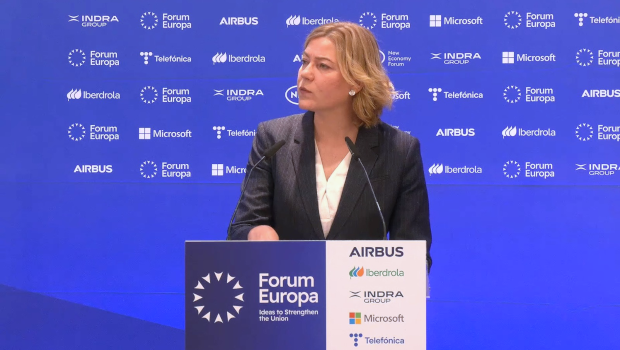Henna Virkkunen, Executive Vice President of the European Commission for Technological Sovereignty, argued this Thursday at the Forum Europa in Brussels for the need for the EU to develop its own technological and defence capabilities to reduce external dependencies.
During the event organised by New Economy Forum in the EU's capital, Virkkunen stated that Europe must "mobilise more capital, simplify regulations, and invest in our own technological future" to maintain its competitiveness and sovereignty.
The Commissioner emphasised that technologies such as Artificial Intelligence, semiconductors, and quantum computing "are not mere tools; they are strategic assets" shaping the global balance of power, both on the battlefield in Ukraine and in everyday life.
Regarding Artificial Intelligence, she noted that only 13% of European companies currently use this technology. To address this, the Commission will adopt a strategy next week to boost its adoption in key sectors such as manufacturing, energy, defence, and healthcare.
The Vice President stressed that Europe holds a leadership position in quantum technologies, with the world's highest concentration of talent and one-third of the sector's startups. However, she urged increased investment to maintain this competitive edge.
In the semiconductor field, she highlighted that the European Chips Act has already triggered investments exceeding €80 billion and announced a review in 2026 to make Europe "stronger, more resilient, and less dependent."
On defence, she explained that although it falls under the remit of Member States, the EU can provide funding and coordinate joint investments, as demonstrated by the €150 billion loan for military capabilities, already being utilised by 13 countries.
The Commissioner warned that Europe must prepare for multiple hybrid threats, ranging from cyberattacks and disinformation to the use of migrants as weapons or sabotage of critical infrastructure.
"This is not just about conventional defence but about protecting our democracies, critical infrastructure, and societies," Virkkunen stated, emphasising the EU's role in coordinating these responses.
In her speech, she advocated using public procurement to support European companies, particularly SMEs and startups, which "have great innovations but are not as visible in the markets."
She also called for simplifying regulations and creating a true digital single market that would allow European companies to grow without needing to relocate to the US or be acquired by foreign investors.
The Vice President highlighted the importance of maintaining close collaboration with Ukraine in military innovation, noting that the country has become a "testing ground" where technological development cycles have been shortened to 3-4 weeks.
"Ukraine is truly a powerhouse of the European defence industry now and will remain so in the coming years. It is impressive what they have achieved in three years and how innovative they are in new technologies," she concluded.












